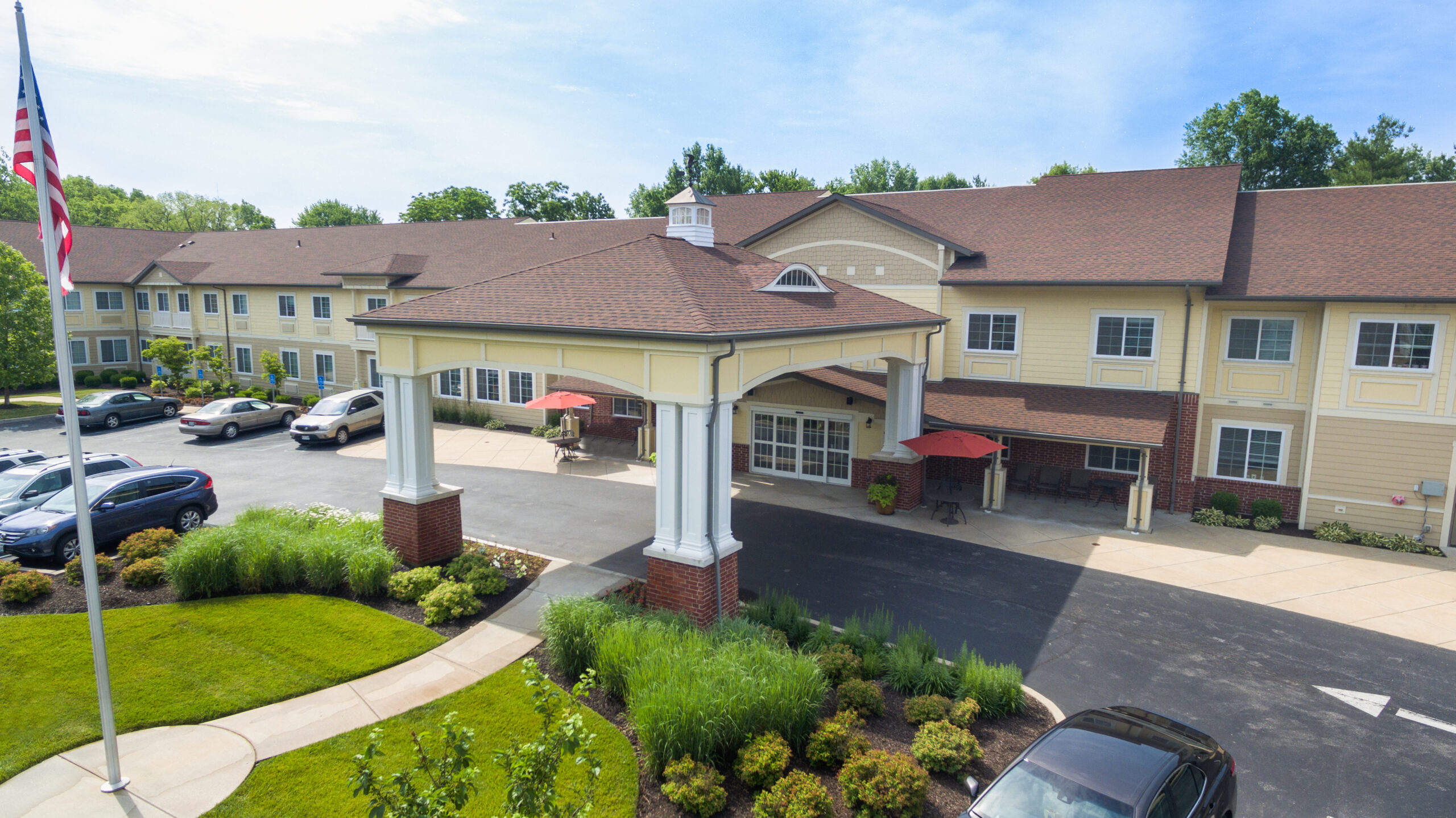Developing a Safe and Supportive Environment for Alzheimer's Treatment
The production of a risk-free and helpful setting for people with Alzheimer's is critical in improving their top quality of life. This includes not just physical adjustments within the home, such as reducing dangers and integrating acquainted components, however likewise the application of organized regimens and meaningful activities that cater to their cognitive requirements. In addition, recognizing the psychological and psychological dimensions of treatment can considerably influence their complacency and link. Exploring these multifaceted methods can expose essential insights right into reliable caregiving methods that may transform the everyday experiences of both caregivers and clients.
Comprehending Alzheimer's Requirements
Often, people with Alzheimer's illness display an array of needs that call for tailored techniques to care. As the problem progresses, cognitive decline shows up in different methods, influencing memory, reasoning, and even the capacity to do daily activities. Caregivers have to identify these developing demands to supply ideal support and ensure a higher high quality of life for those impacted.
One critical facet of recognizing Alzheimer's needs is acknowledging the importance of routine and experience. People often discover convenience in recognized patterns, which can minimize stress and anxiety and confusion. Caregivers ought to aim to develop organized daily routines that integrate significant activities lined up with the individual's abilities and rate of interests.
Additionally, effective interaction is paramount. People with Alzheimer's might struggle to express themselves or comprehend complicated language. Caregivers ought to employ easy, clear language, usage non-verbal signs, and practice energetic paying attention to cultivate understanding and connection.
Caregivers need to encourage engagement in area activities or household celebrations, advertising a feeling of belonging and objective. Comprehending these varied demands is crucial for creating a helpful care atmosphere.
Designing a Safe Home
Creating a secure home for people with Alzheimer's disease is crucial to minimizing risks and advertising self-reliance. Make sure that pathways are well-lit and clear, as proper illumination decreases disorientation and enhances flexibility.
Integrating adaptive functions is additionally important. Mount grab bars in shower rooms and near stairways, and consider utilizing non-slip floor coverings in damp locations. Furthermore, making use of contrasting shades for wall surfaces and floors can assist in differentiating areas, aiding to mitigate complication.
Knowledge is vital for individuals with Alzheimer's. Individualizing the atmosphere with acquainted objects and photos can reinforce a feeling of belonging and safety - Alzheimers Care Charlotte. It is also helpful to have a marked area for daily activities, such as reading or crafting, which can provide structure to their day
Lastly, carrying out a secure exterior room permits risk-free exploration while linking with nature. By attentively designing the home environment, caregivers can substantially improve the lifestyle for individuals coping with Alzheimer's condition.
Enhancing Interaction Skills

Non-verbal interaction, including facial expressions, motions, and touch, plays a critical role basics in sharing compassion and understanding. Maintaining eye contact and a calm behavior can boost the convenience degree of the individual, advertising a sense of safety.
Moreover, it is necessary to exercise active listening. This involves being fully present, showing perseverance, and enabling the person to express themselves without disruption. Repetition might be required; caregivers need to be prepared to take another look at subjects or questions, as people with Alzheimer's may battle with memory recall.
Additionally, using aesthetic help or signs, such as photographs or acquainted things, can assist in acknowledgment and interaction. Ultimately, enhancing communication skills has to do with building trust and creating an environment where individuals really feel listened to, valued, and comprehended, consequently enriching their lifestyle.
Encouraging Social Interaction
Fostering significant social interactions can greatly boost the well-being of individuals with Alzheimer's disease. Involving with others not only assists battle sensations of isolation however also boosts cognitive function and psychological wellness. Structured social activities, such as group games, arts and crafts, or songs therapy, produce opportunities for locals to get in touch with peers and visit this site caregivers, which can cause improved state of mind and decreased anxiousness.
Developing a welcoming atmosphere that urges socializing is crucial. This can be accomplished by organizing common areas that facilitate interaction, such as cozy seating areas or activity rooms. In addition, including familiar and culturally appropriate tasks can motivate and spark memories participation, enabling individuals with Alzheimer's to feel more connected to their past experiences.
Moreover, caretakers need to be trained to acknowledge and promote social engagement amongst residents. By focusing on social interaction, we can considerably enhance the lives of those living with Alzheimer's, promoting a sense of area and belonging.
Sustaining Caretaker Health

To sustain caretakers, companies should supply regular training and academic sources to boost their understanding of Alzheimer's illness and caregiving strategies. Providing accessibility to reprieve treatment solutions permits caregivers to take essential breaks, lowering stress and tiredness - Alzheimers Care Charlotte. Furthermore, fostering a community with support system can facilitate psychological sharing and the exchange of useful suggestions amongst caretakers, developing a network of common assistance
Mental health sources, such as therapy services, can additionally be click site important in dealing with the emotional toll caregiving can take. By focusing on caretaker health, we produce a more lasting caregiving setting that not only benefits the caretakers themselves but also boosts the overall top quality of care obtained by individuals with Alzheimer's. Inevitably, sustaining caretakers is an important part in promoting a reliable and compassionate care setting.
Conclusion
To conclude, the creation of a risk-free and helpful environment for individuals with Alzheimer's is necessary to improving their quality of life. By prioritizing safety with thoughtful layout, cultivating emotional health with acquainted components, and advertising engagement through structured regimens, caretakers can significantly influence the total experience of those impacted by this condition. Additionally, supporting caretaker well-being is critical, as it inevitably adds to a much more thoughtful and reliable treatment setting.
Rep may be needed; caretakers must be prepared to take another look at subjects or concerns, as individuals with Alzheimer's might struggle with memory recall.

Comments on “Exceptional Facilities Offering Comprehensive Alzheimers Care Charlotte”